Growing Juniper Trees: How To Plant Juniper Trees
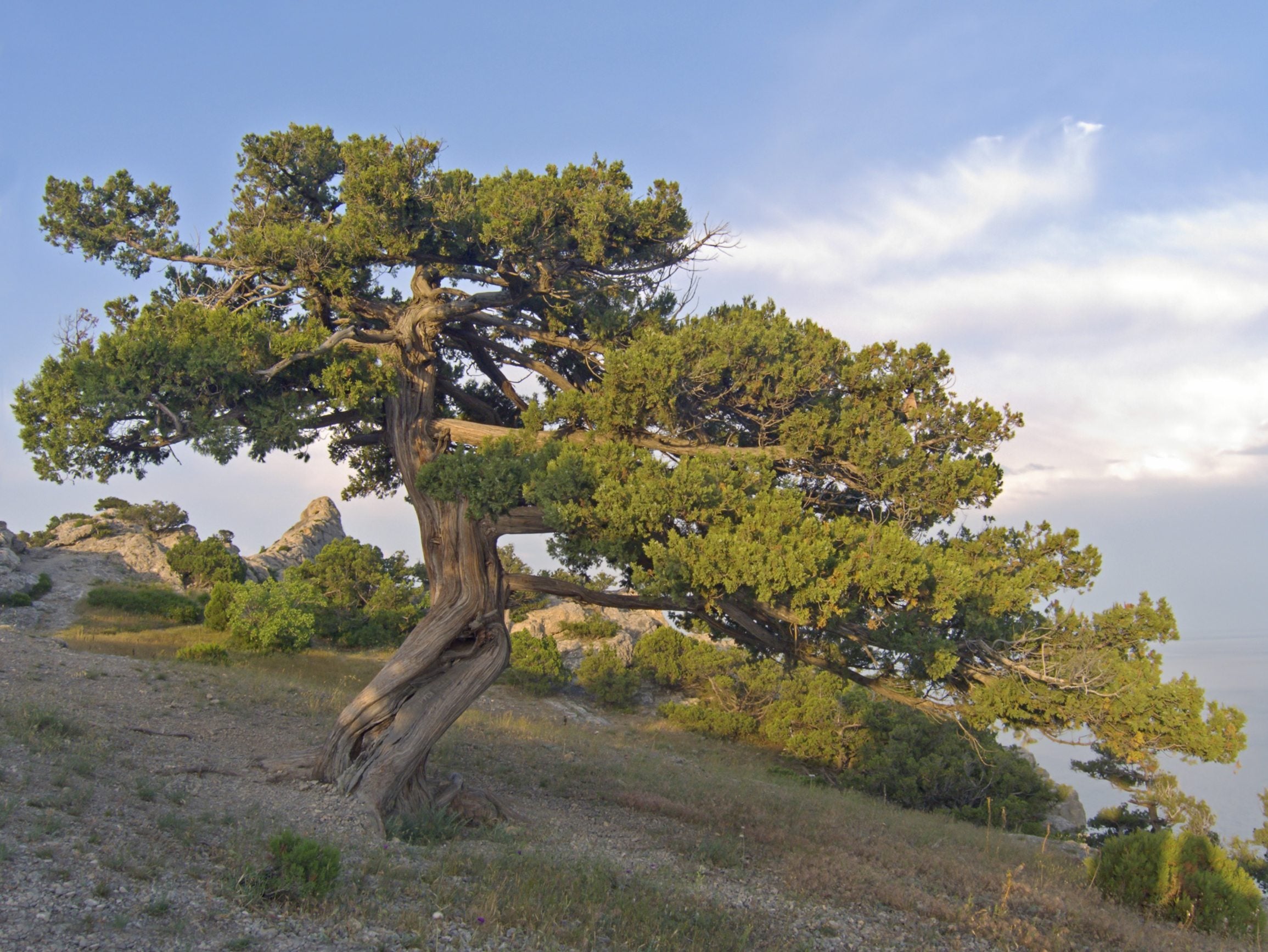

Plants in the Juniperus genus are termed “juniper” and come in various forms. Because of this, juniper species can play many different roles in the backyard. Is juniper a tree or bush? It is both, and much more. Junipers are evergreen, coniferous plants with scaly leaves, but the height and presentation vary considerably among varieties. You’ll find junipers that look like ground cover, shrubs, or tall trees. Growing juniper trees or bushes is not difficult. Read on to learn about juniper tree varieties and juniper tree care.
Juniper Tree Varieties
If you are looking for a ground shrub with a flat or a mounded form, think juniper. If you want to create a hedge of upright evergreen bushes, think juniper. If you need a tall, evergreen tree in the sunny spot in your garden, think juniper. Juniper species come in all sizes and shapes, from low-lying shrubs that cover sand dunes to huge ancient trees in the high Sierras. North America boasts 13 native juniper species, and there are four times that number worldwide.
Juniper Trees vs. Shrubs
Since shrubs are nothing more than short trees, the line between the two types of plants is always a blurred one. Some cases are clearer than others. For example, California juniper (Juniperus californica) is considered a low, coastal shrub, because it stays close to the ground, but western juniper (J. occidentalis) always presents as a tall tree, sculpted by the wind. But sometimes categorizing a juniper as a tree or a shrub is more difficult. Pfitzer juniper (J. chinensis 'Pfitzerana'), perhaps the most popular cultivated juniper, grows to 5 feet (1.5 m.) high and 10 feet (3 m.) wide, and is considered a small tree by some, and a shrub by others. This is also the case with Hetz Chinese juniper (J. chinensis 'Hetzii'), which grows to 15 feet (4.5 m.) tall.
How to Plant Juniper Trees
Juniper tree care is easier when you pick an appropriate location for planting. Taking the time to select the right spot for your juniper tree can save you time and energy later. When you are growing juniper trees, you’ll need a location with full sun or almost, as well as well-drained soil. Junipers do not like having their feet in wet mud, but tolerate most other types of soil. Generally, junipers support hot weather and poor, dry soils. They tolerate city conditions as well as any other evergreen. Consider the mature size of the tree before you plant juniper. Many species grow so fast that they rapidly occupy the space allotted. You can prune upright junipers to keep them compact.
Juniper Tree Care
Like all trees, junipers occasionally suffer from diseases. Phomopsis blight is the most serious disease that attacks juniper. You can identify it by looking for browning branch tips. Control this disease by spraying the new growth several times during the growing season with a fungicide.
Gardening tips, videos, info and more delivered right to your inbox!
Sign up for the Gardening Know How newsletter today and receive a free copy of our e-book "How to Grow Delicious Tomatoes".

Teo Spengler is a master gardener and a docent at the San Francisco Botanical Garden, where she hosts public tours. She has studied horticulture and written about nature, trees, plants, and gardening for more than two decades. Her extended family includes some 30 houseplants and hundreds of outdoor plants, including 250 trees, which are her main passion. Spengler currently splits her life between San Francisco and the French Basque Country, though she was raised in Alaska, giving her experience of gardening in a range of climates.
-
 Looking For Plants To Give You The Soft And Fuzzies? Try These 5 Fuzzy Leaf Plant Options
Looking For Plants To Give You The Soft And Fuzzies? Try These 5 Fuzzy Leaf Plant OptionsLovers of texture, drama, silver foliage and tactile plants will adore these special sensory garden additions. These fuzzy leaf plant options will leave you all aglow
By Susan Albert
-
 Get Ready For A Summer Of Hummers! Grow These Full Sun Hummingbird Plants and Flowers
Get Ready For A Summer Of Hummers! Grow These Full Sun Hummingbird Plants and FlowersIf you’re lucky enough to enjoy a sunny backyard, make sure you are maxing out on your pollinator opportunities and grow these full sun hummingbird plants and flowers
By Tonya Barnett
-
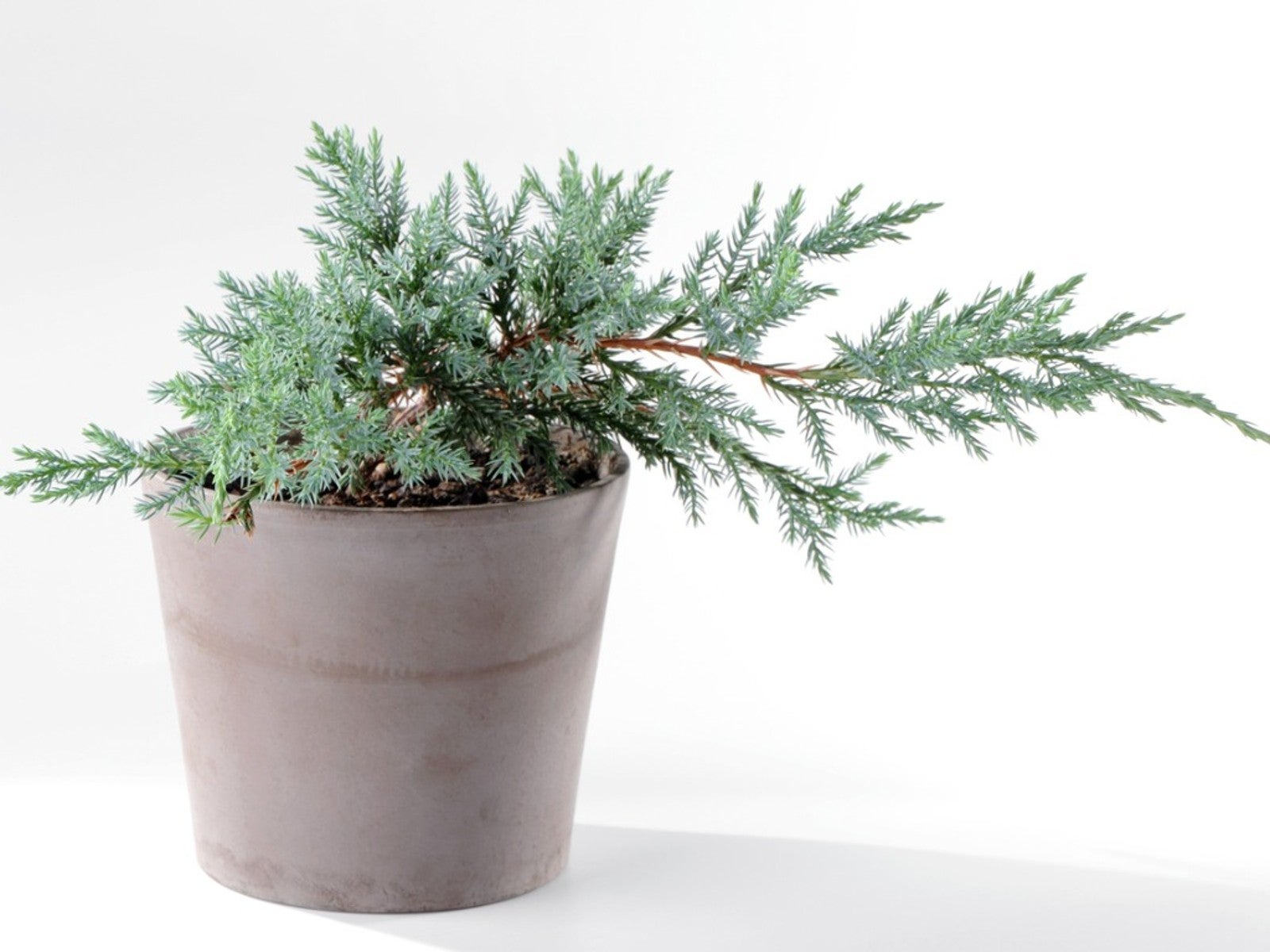 How To Grow A Potted Juniper: Caring For Juniper Trees In Containers
How To Grow A Potted Juniper: Caring For Juniper Trees In ContainersSmall juniper trees grow well in containers. Click here for information on how to care for potted junipers.
By Teo Spengler
-
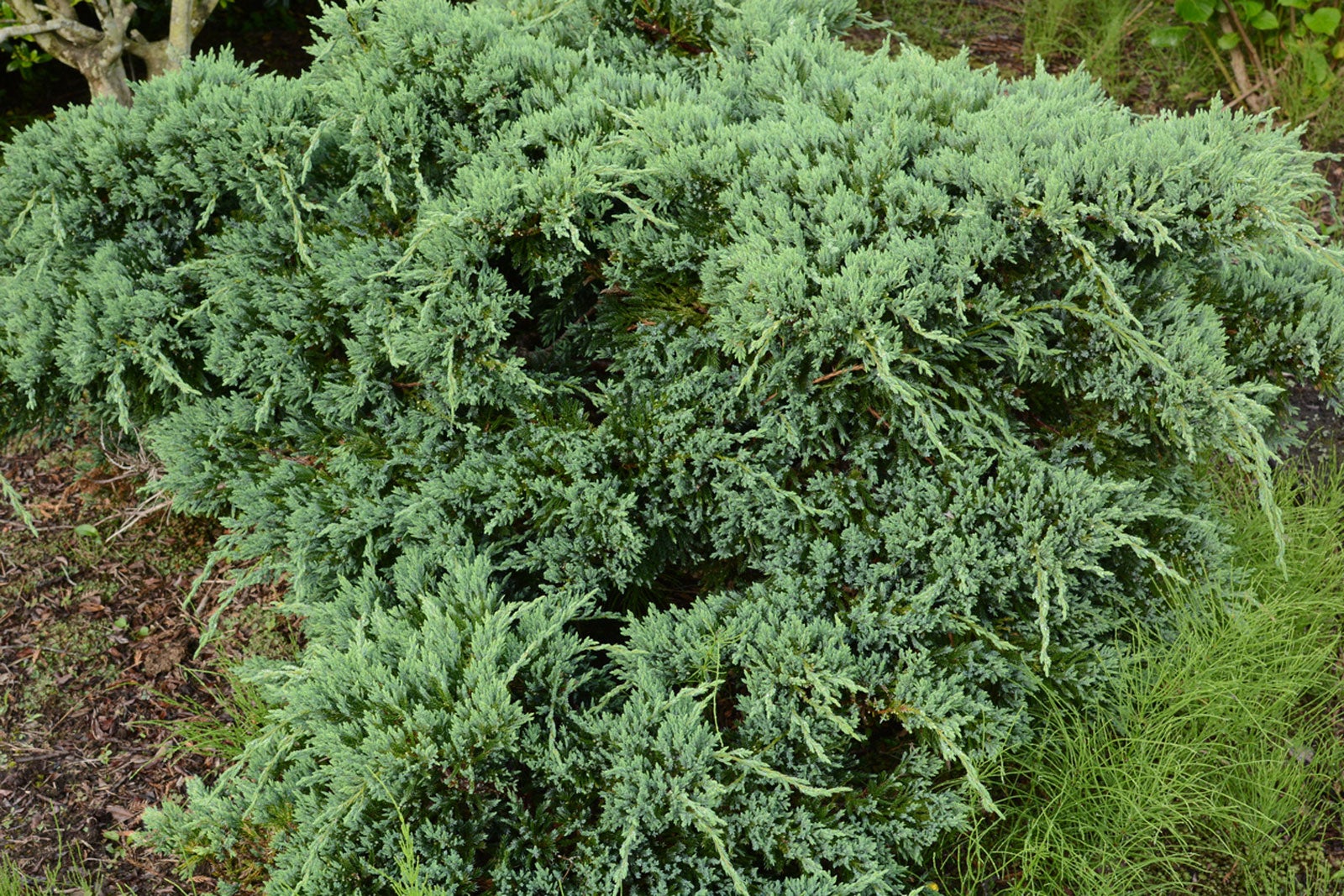 Japanese Juniper Care – How To Grow A Japanese Juniper Plant
Japanese Juniper Care – How To Grow A Japanese Juniper PlantIf you want a "set and forget" type of plant, Japanese juniper care is minimal and easy once established. For more information about this shrub of low heights and how to grow it in your garden, click the following article.
By Bonnie L. Grant
-
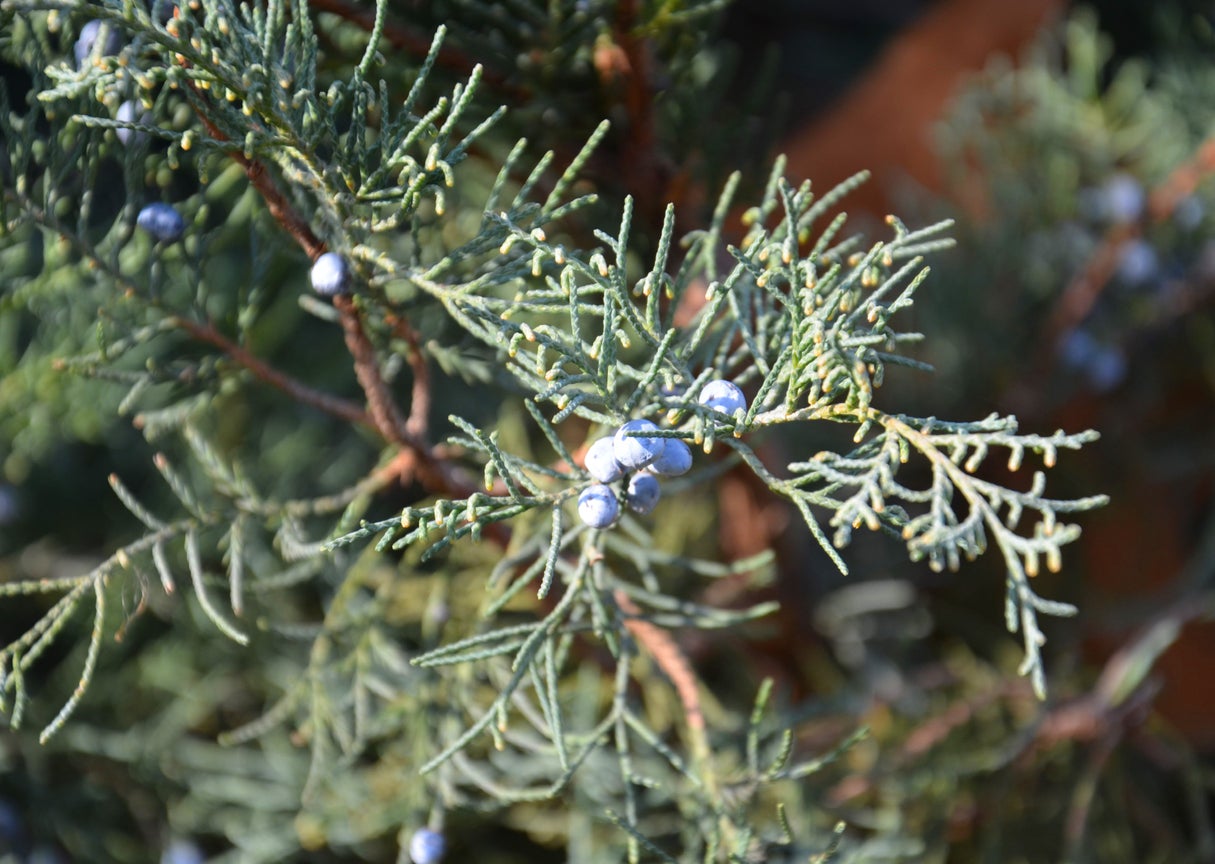 Mountain Cedar Information: Is Mountain Cedar Pollen Causing You Problems
Mountain Cedar Information: Is Mountain Cedar Pollen Causing You ProblemsMountain cedar is a tree with a common name full of contradictions. The tree is not a cedar at all, and its native range is central Texas, not known for its mountains. In fact, trees called mountain cedar are actually ashe juniper trees. Click here to learn more.
By Teo Spengler
-
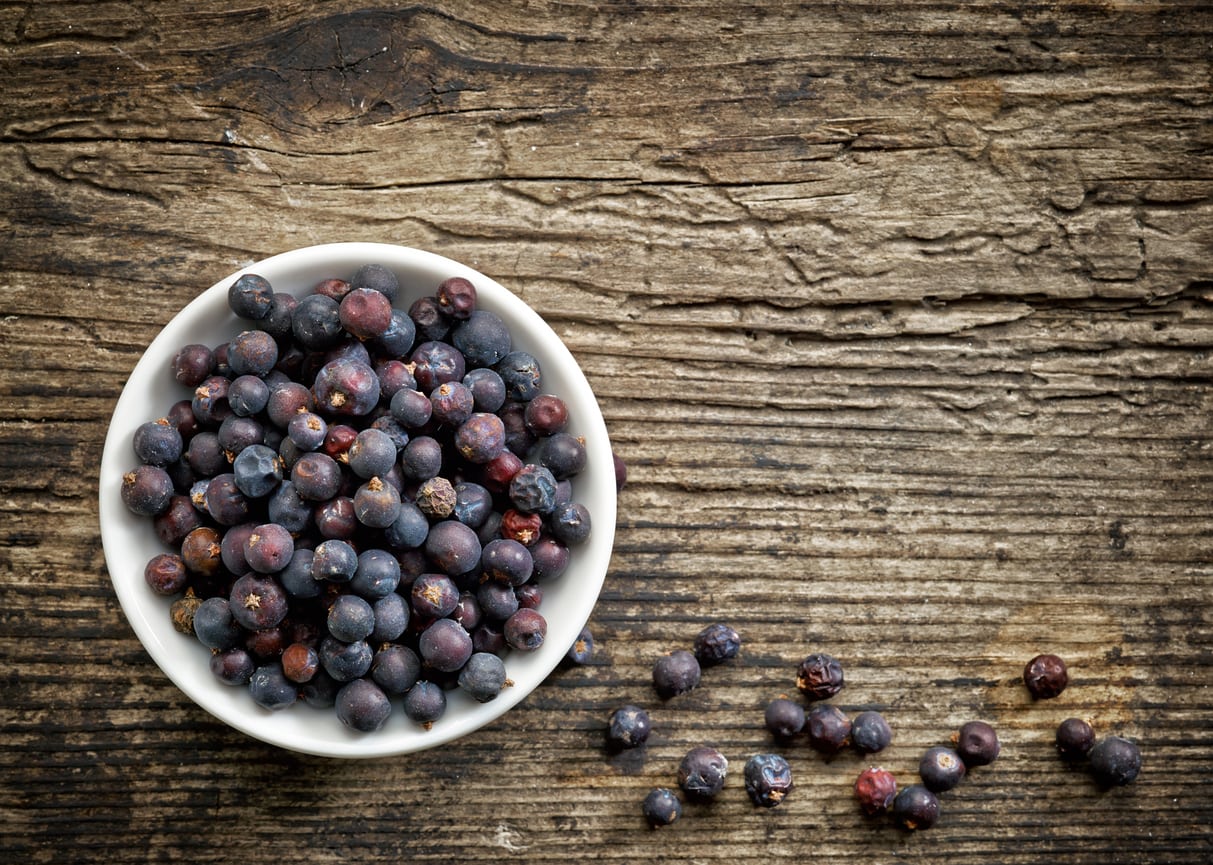 Are All Juniper Berries Edible – Is It Safe To Eat Juniper Berries
Are All Juniper Berries Edible – Is It Safe To Eat Juniper BerriesJuniper berries have been used as a strong flavoring for wine, mead, and other alcoholic beverages, as well as a spice for meats, stews, sauerkraut, and other dishes. Upon reading this, you may be wondering are all juniper berries edible? Click here for that answer.
By Darcy Larum
-
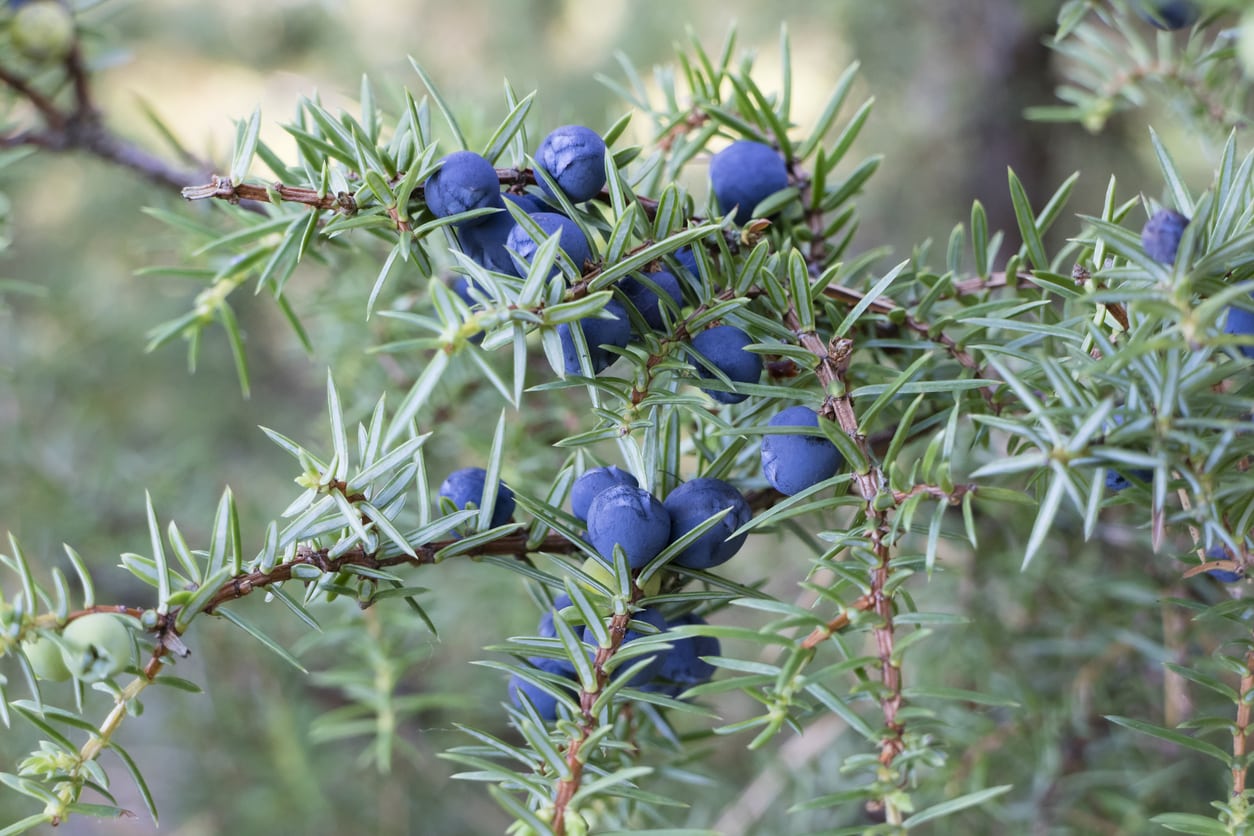 Juniper Berry Uses – What To Do With Juniper Berries
Juniper Berry Uses – What To Do With Juniper BerriesGiven that they are prolific and the fruit looks so much like a berry, the natural question is ‘can you eat juniper berries?” If so, what do you do with juniper berries? Click on the following article to find out how to use juniper berries along with some useful juniper berry recipes.
By Amy Grant
-
 Juniper Berry Harvest Tips: How To Pick Juniper Berries
Juniper Berry Harvest Tips: How To Pick Juniper BerriesMany junipers produce berries that are toxic and inedible, but Juniperus communis berries are edible! Safe, aromatic and interesting, learn how to know which ones are safe how to harvest them.
By Bonnie L. Grant
-
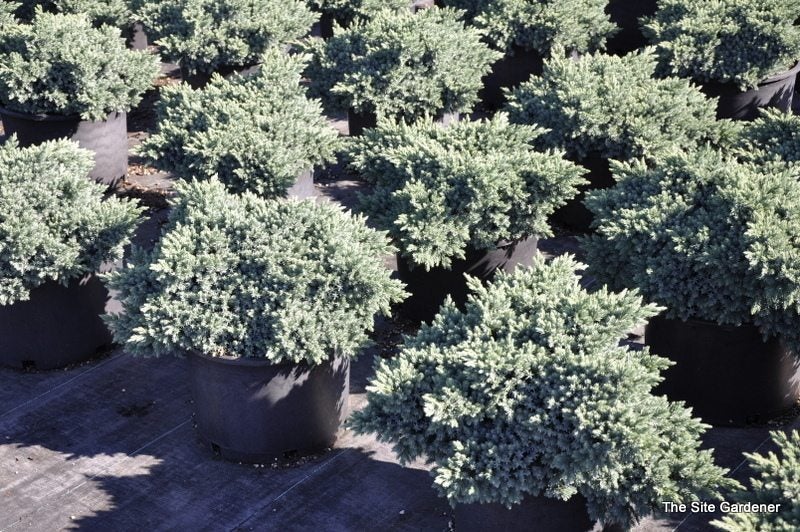 Growing Juniper ‘Blue Star’ – Learn About Blue Star Juniper Plants
Growing Juniper ‘Blue Star’ – Learn About Blue Star Juniper PlantsWith a name like "Blue Star," this juniper sounds as American as apple pie but, in fact, it is native to Afghanistan, the Himalayas, and western China. Gardeners love Blue Star for its thick, starry, blue-green foliage and its graceful rounded habit. Learn more here.
By Teo Spengler
-
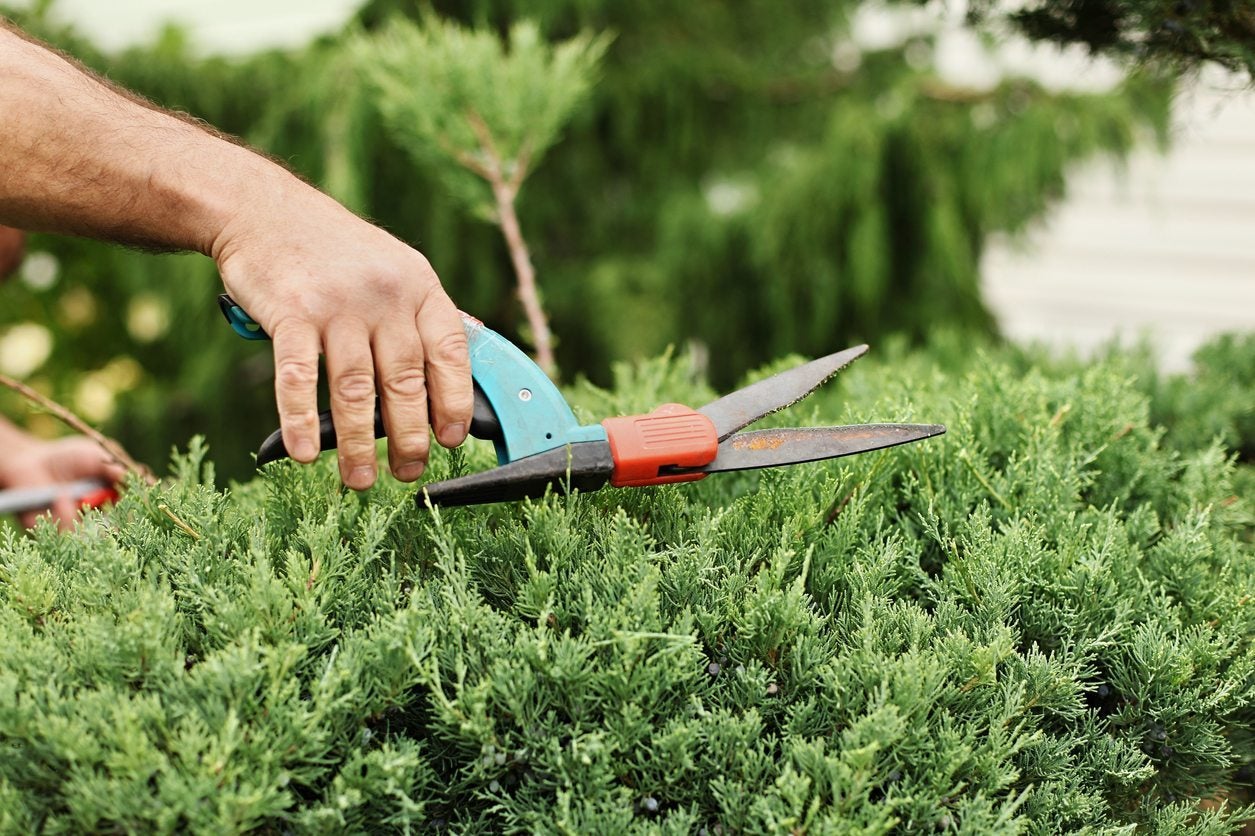 Can You Prune An Overgrown Juniper – Tips For Overgrown Juniper Pruning
Can You Prune An Overgrown Juniper – Tips For Overgrown Juniper PruningJuniper shrubs and trees are a great asset to landscaping. But sometimes, like the best things in life, they get away from us. What was once a smart shrub is now a wild, overgrown monster. So what can you do with a juniper that?s gotten out of hand? Find out here.
By Liz Baessler